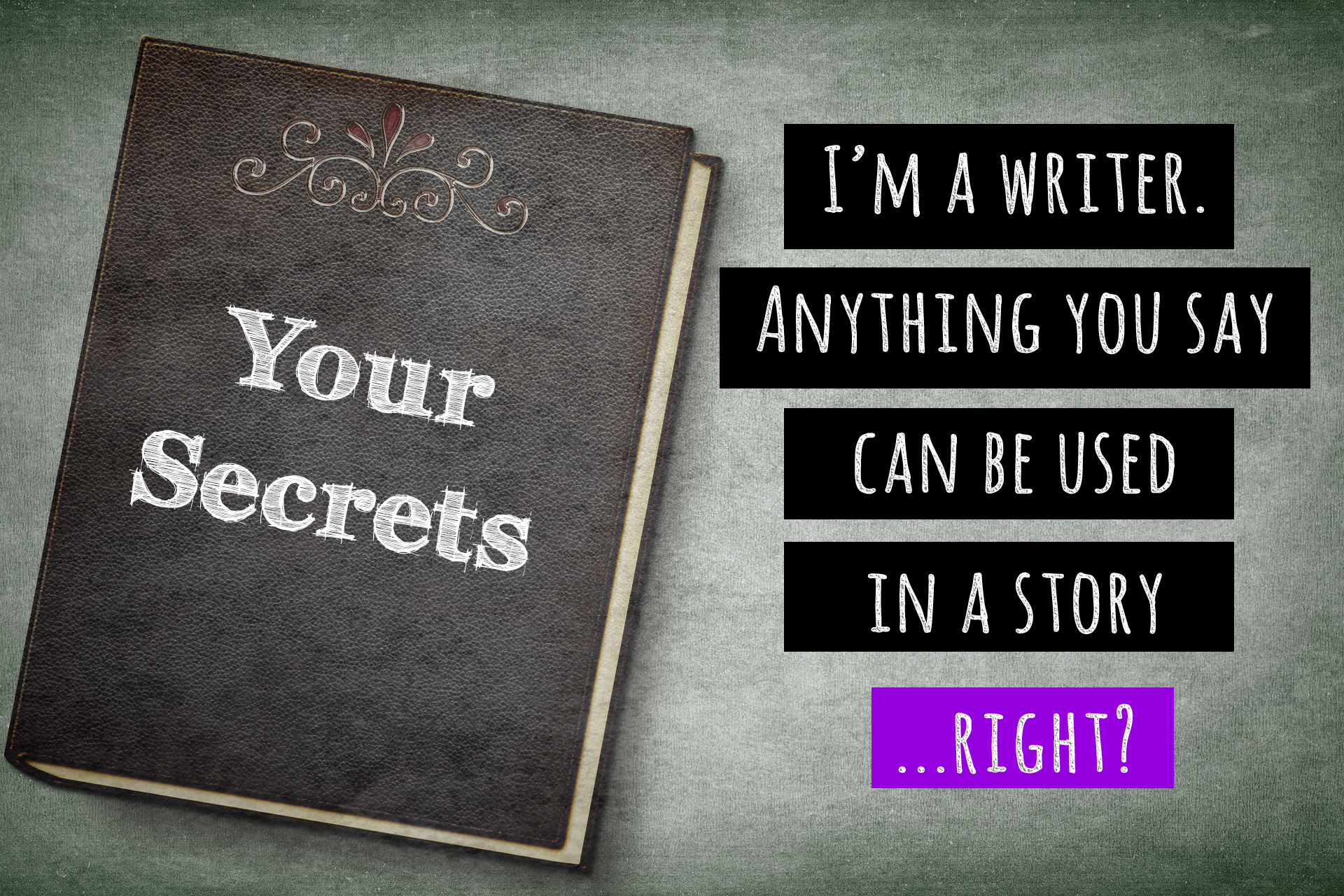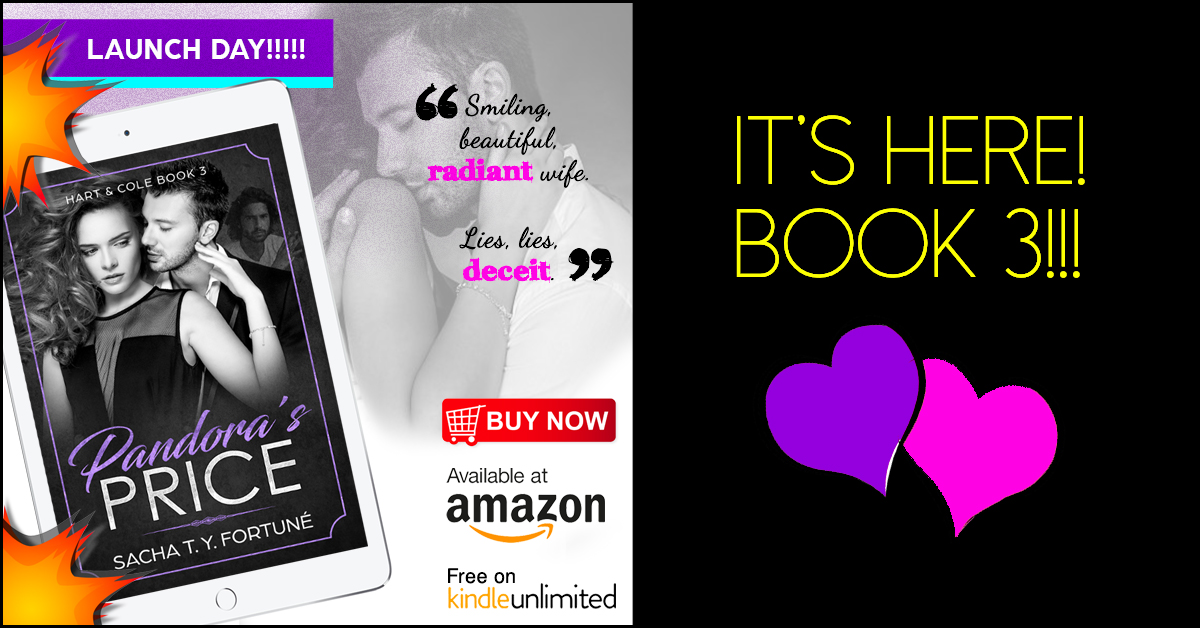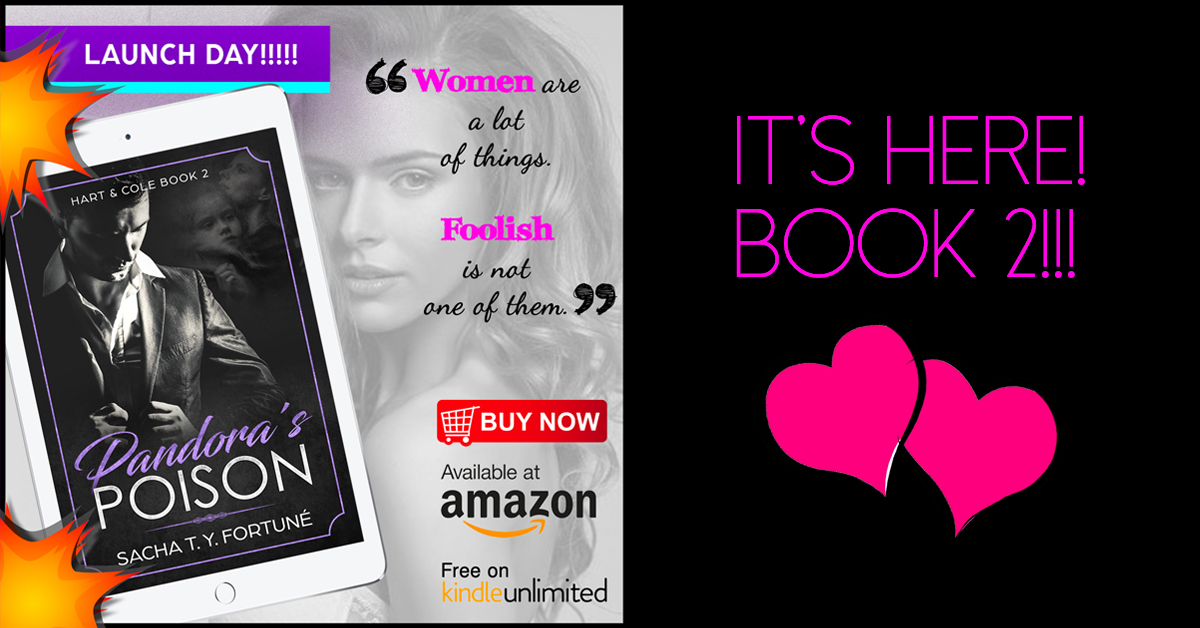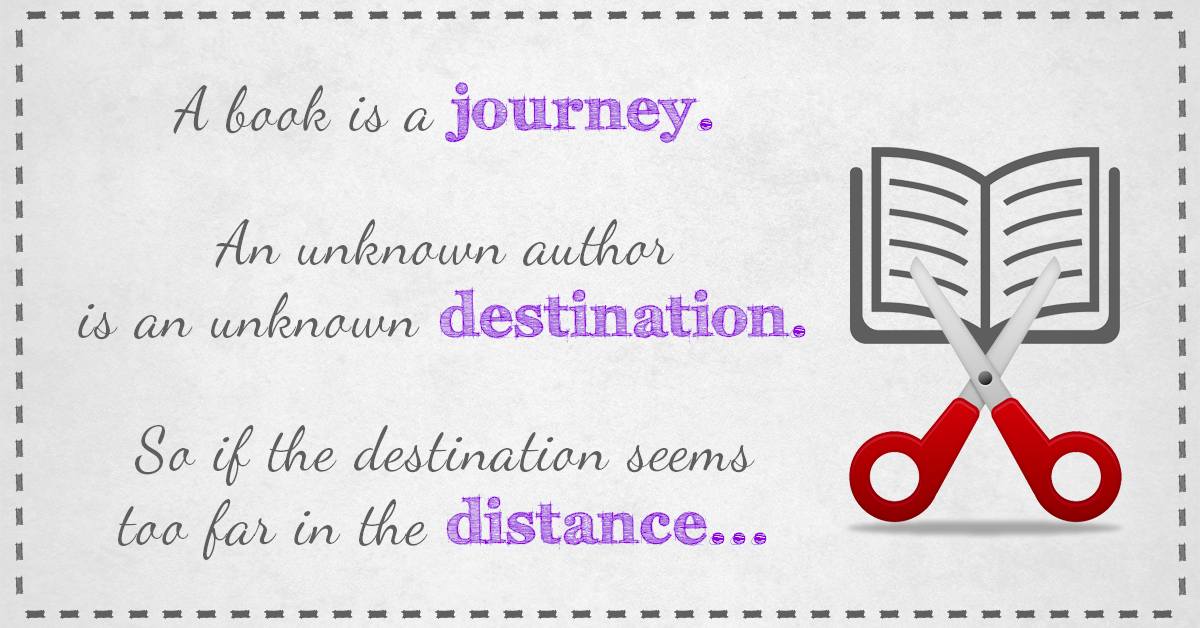Writing & Fictionalising Personal Experience
There’s a line in Pandora’s Poison (Hart & Cole Book 2), that if a certain person from my past reads it, he will burst out laughing… or at least, I hope so!
Thankfully, I’ll most likely never have to find out. I don’t think he reads much, and if he does, my book won’t be his “cup of tea”.
…And then, there’s an another event in my past that I would love to write about. But I can’t, so I don’t…
There are stories I’ve published on my Creative Writing website, The Writink that were inspired by particular individuals; and quite a few items of Poetry that were inspired by crumbling friendships; a few of these I’ll willingly reveal:
And there’s snippets everywhere, from just about everything that I’ve experienced, that may one day slip into a piece of writing.
…But some things, some things that happen to you… never make it to print. Some things, need to die with you.
Because, as a writer, you are a keeper of everyone’s secrets.
But how do you decide which you should keep, and which can be revamped into your “fiction” piece?
…Who would recognise it?
I remember I once posted a status on Facebook that upset someone close to me, who assumed it was a direct personal target. Maybe it was, maybe it wasn’t.
The wonderful thing about being a writer is you’re also an escape artist — you get to hide behind that film of “creative license”. And boy, do some of us just love THAT.
In my case, with that flaming one-liner in Book 2, even if the individual in question does perchance stumble on it one day, I don’t think he’d mind. He might even be flattered.
That’s a rarity.
Not everyone appreciates your/their personal history being “fictionalised” for mass consumption and perhaps even ridicule.
I’m sure everyone remembers a couple of pop culture incidents with a similar theme. Let’s just look at rap music:
- Pitbull was sued for using the lyric “locked up like Lindsay Lohan“; he supposedly meant it as flattery but she took it as an insult. He eventually won the case.
- Kanye West apparently asked Taylor Swift to use the lyrics “I feel like me and Taylor might still have sex / Why, I made that b*tch famous“; she okayed it, and then the story changed afterward.
Rule of Thumb – 3 Questions
Of course, as writers most of us are not celebrities, so while EVERYONE knew exactly what the reference was in those incidents, it’s unlikely readers will know if you use something from your past.
But… the person it’s about, will. So does that mean you can use it?
My rule of thumb, is to first ask yourself: “Who would recognise this?”
Have you shared the incident with your friends, has the other person perhaps done so as well?
If not, you’re on the right track so far. Hopefully, the person may smile at the reference and be thrilled to be in on the inside joke.
The next question, should be: “How much damage could this do?”
Be honest with yourself. You DO know what’s potentially inflammatory, and what’s likely to be harmless.
And finally, “How would the person feel about this?”
You may have an idea. But if you are really not sure, and particularly if it’s a potentially sensitive person, ASK.
Creative License Be Damned
Of course, you may not always get it right.
The person you think would be amused, may be pissed off when they learn you’ve lifted from your shared personal experience for your own gain.
And yes, as a writer, you do have some personal creative license.
Inspiration has to come from somewhere, after all!
My own personal preference is to use inspiration lightly — so that the person in question may WONDER, but not necessarily KNOW.
It may not be the best choice… thankfully, so far I’ve survived with this method virtually unscathed.
I know many situations, however, where this wasn’t the case.
So, be careful. As a writer, you have a responsibility to use your craft for good, not evil.
And remember…
For the love of God, just ASK.





